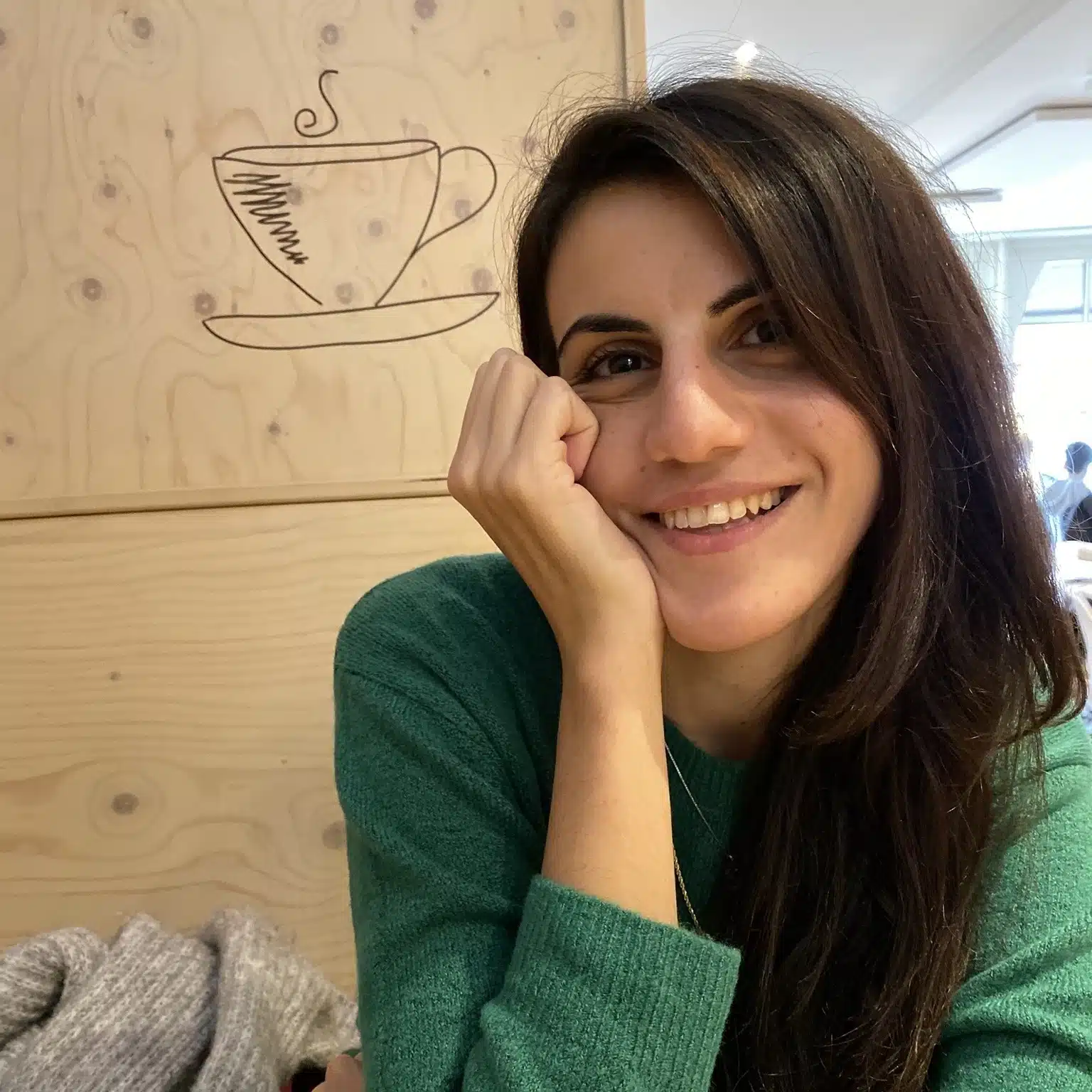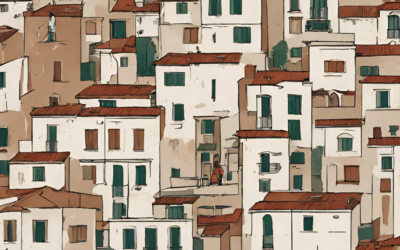If you have ever felt confused about choosing between pochi, poche, or poca, this article is for you.
English has separate words to express what in Italian is conveyed by “poco” and its variations, and that’s where the confusion comes from.
To choose the correct version of “poco” in Italian, all you need to do is learn the rules below.
Poco (adverb)
Poco is invariable and thus does not change its ending when it acts as an adverb, which means that appears after a verb or before an adjective.
- Poco = not much, little
Poco, Poca, Pochi, Poche (adjectives)
Poco is variable and changes its ending to poca, pochi, poche when it precedes a noun (in this case, it functions as an adjective).
- Poco / Poca = little, not much
- Pochi / Poche = few, not many
This chart will help you determine which form of ‘poco’ to use:
| Poco (adverb) | little, not much | Ieri sera ho mangiato poco (Last night I ate a lot) Di solito bevo molto poco (Usually, I drink very little) |
| Poco/Poca (adjective) | little, not much | Faccio poco sport (I don’t do much sport) Ho poca pazienza con i bambini (I have little of patience with the children) |
| Pochi/Poche (adjective) | few, not many | Ho pochi amici in Italia (I have few friends in Italy) Conosco poche persone in Italia (I know few people in Italy) |
What does un po’ mean?
Un po’ is the shorter (and most commonly used) version of “un poco.” The phrase “un poco” in Italian means “a little” or “a bit.” It’s commonly used to refer to a small amount or degree of something. It’s often followed by the preposition di.
For example:
- Vorrei un po’ di pane (I would like a little bread).
- Vorrei un po‘ di zucchero (I would like a bit of sugar).
- Mi voglio rilassare un poco (I want to relax a bit).
What do pochissimo or pochissimi mean?
The suffix “-issimo” is an intensifier that turns these words into superlatives. Pochissimo and pochissimi“are superlative forms of “poco” and “pochi,” respectively, which mean “very little” and “very few” in Italian.
For example:
- Ho pochissimo tempo oggi (I have very little time today).
- Ci sono pochissime persone al concerto (There are very few people at the concert).







